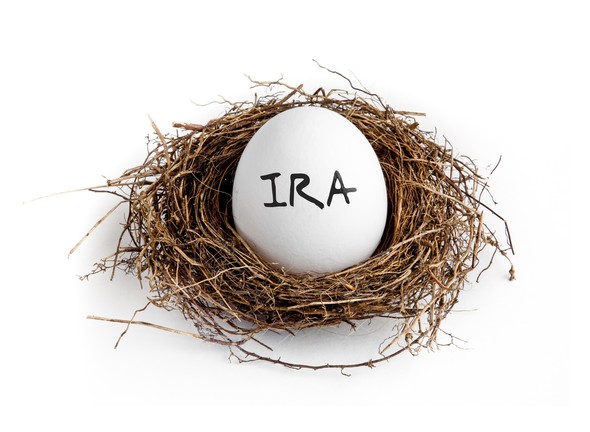IRA planning can be tricky. In order to make sure you plan as best as you can, you should discuss the following questions with your attorney and other advisors:
1. Will you need the IRA funds during your life? If not, you may want to convert to a Roth or use the RMD’s to purchase life insurance to grow the wealth going to your family.
2. Will your heirs need it shortly after your death? If so, then the stretch out is not relevant.
3. Are you doing any charitable giving? If so, use the IRA to do it, if possible. That way the contribution is tax free.
4. Do you want to protect what you are leaving to family from their future divorces, lawsuits, creditors, poor judgment, wild spending, etc.? If so, you need protective trusts for each of your heirs. An IRA can go to a properly set up trust and still get the “stretch out”.
5. Are you facing estate tax at your death? If so, you need careful planning to avoid a double tax. An IRA subject to both estate tax and income tax can sometimes lose 75% or more to taxes!
6. Are you in a 2nd marriage? His kids and her kids? If so, be careful leaving your IRA to your spouse. You want to balance out your wishes for your kids with your desire to provide for your spouse. You can’t assume you can leave the IRA to your spouse who will later leave it to your kids. First, it may be spent and gone. Second, your spouse has every legal right to change the beneficiary after your death (to his/her own children).
7. Is your IRA (or other tax deferred retirement plan) a large percentage of your total estate? If so, then even more is at risk. You need careful planning, and it’s vitally important you consult with a professional.
Effective IRA planning is very important in effective estate planning. Give us a call today at 217-726-9200 if you have any questions, or check out one of our upcoming workshops to find out more about effective planning.

